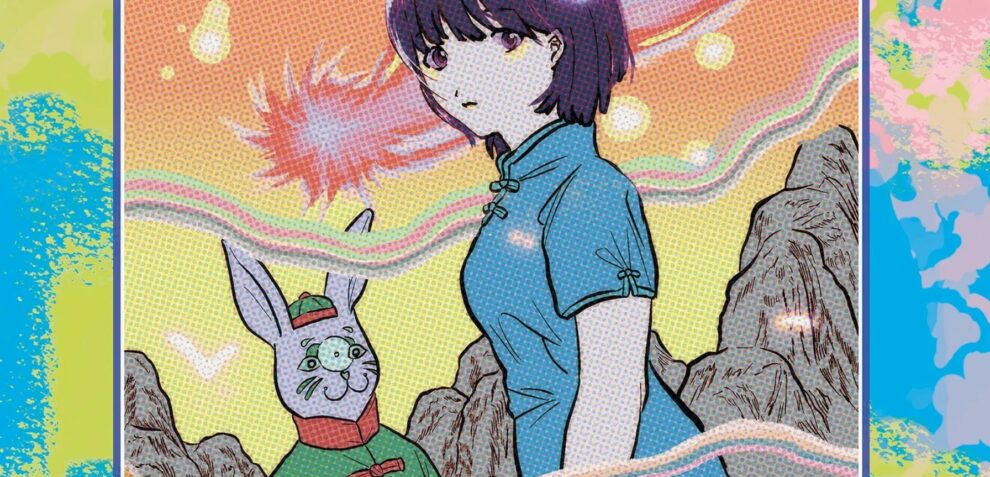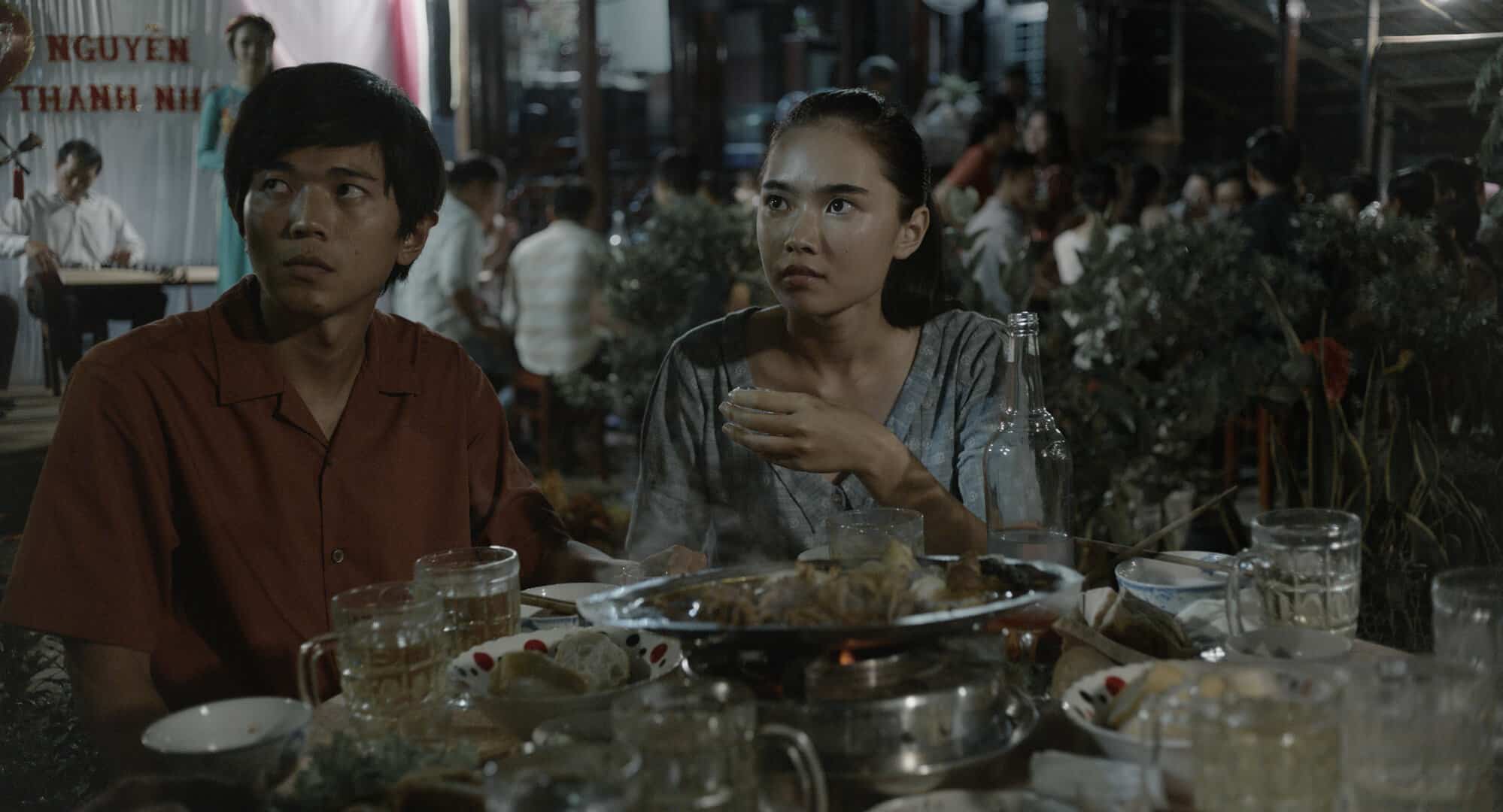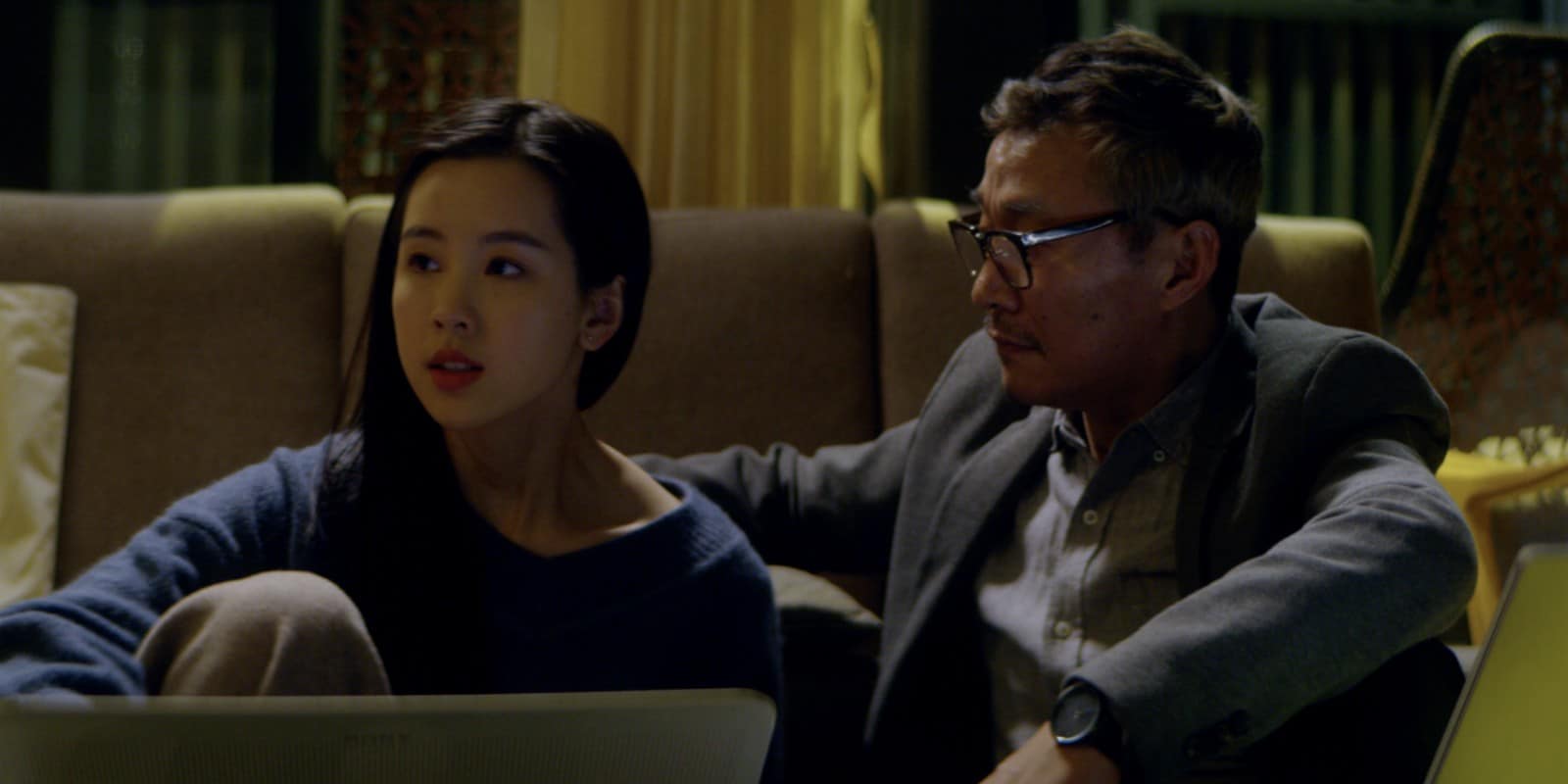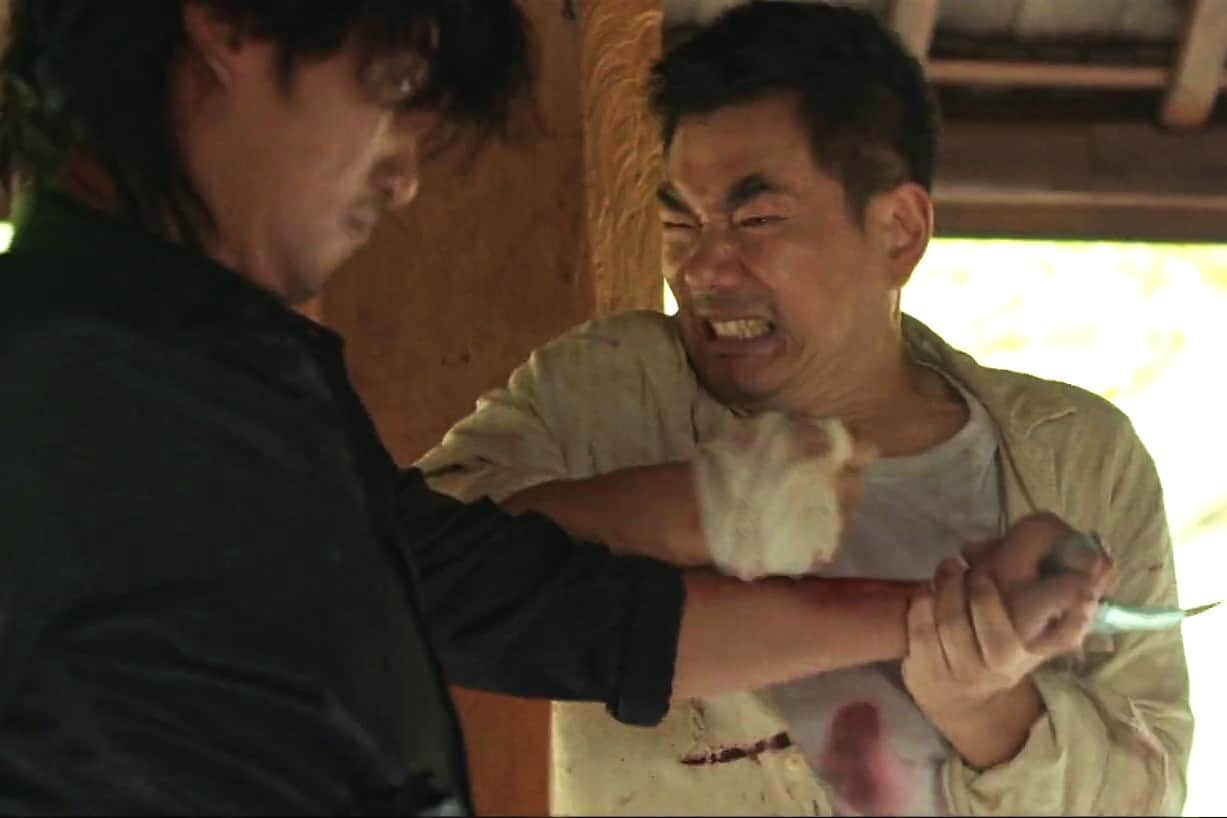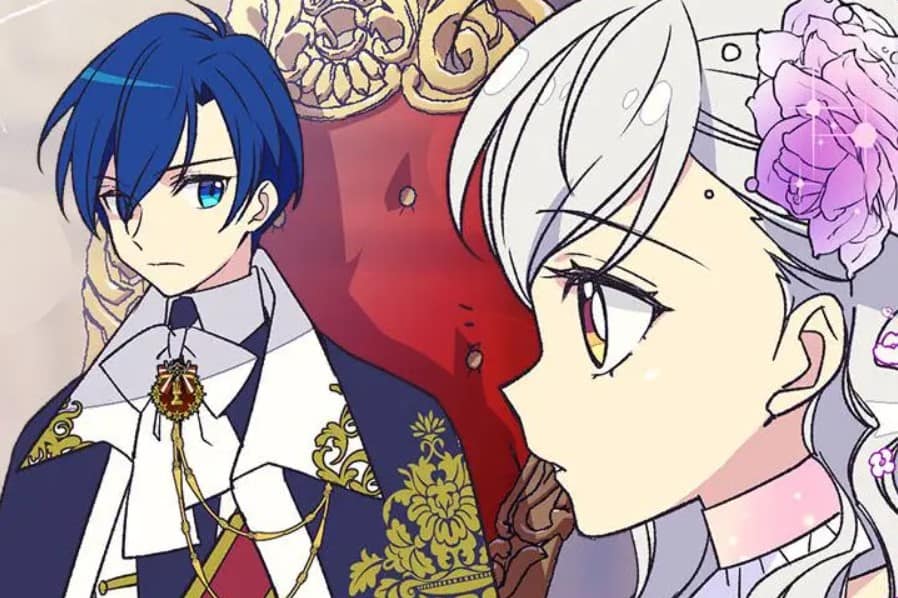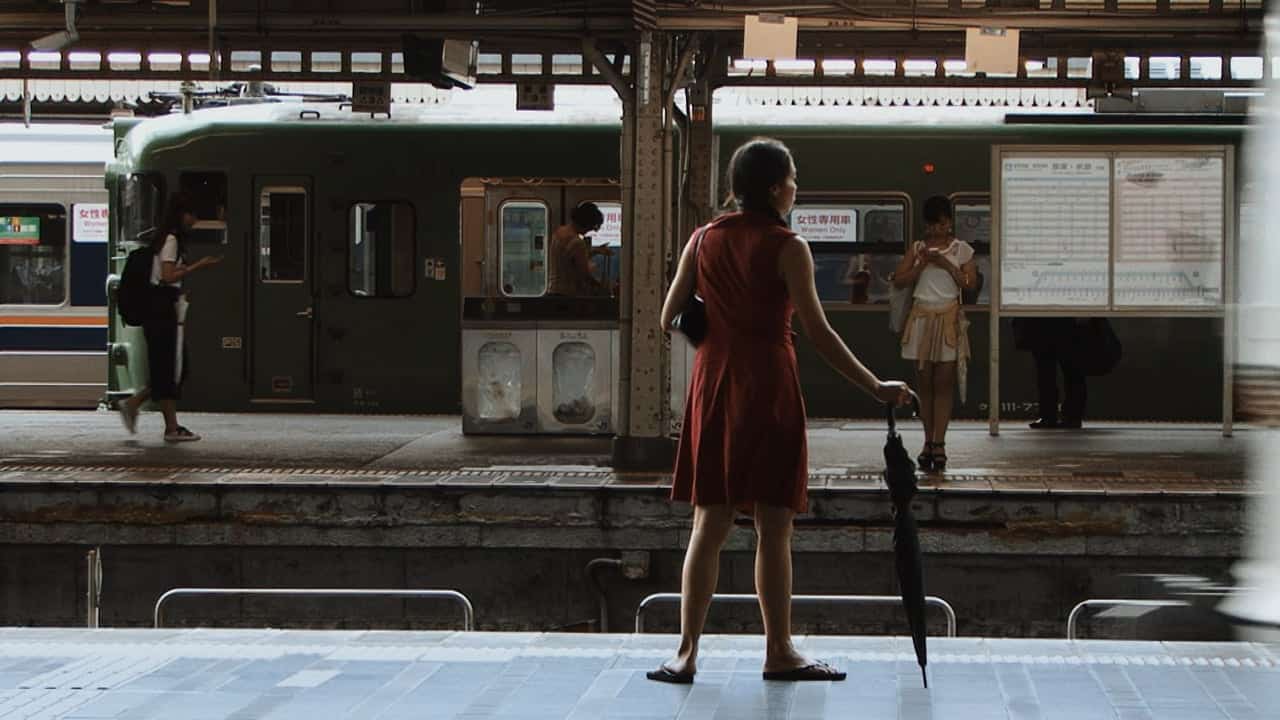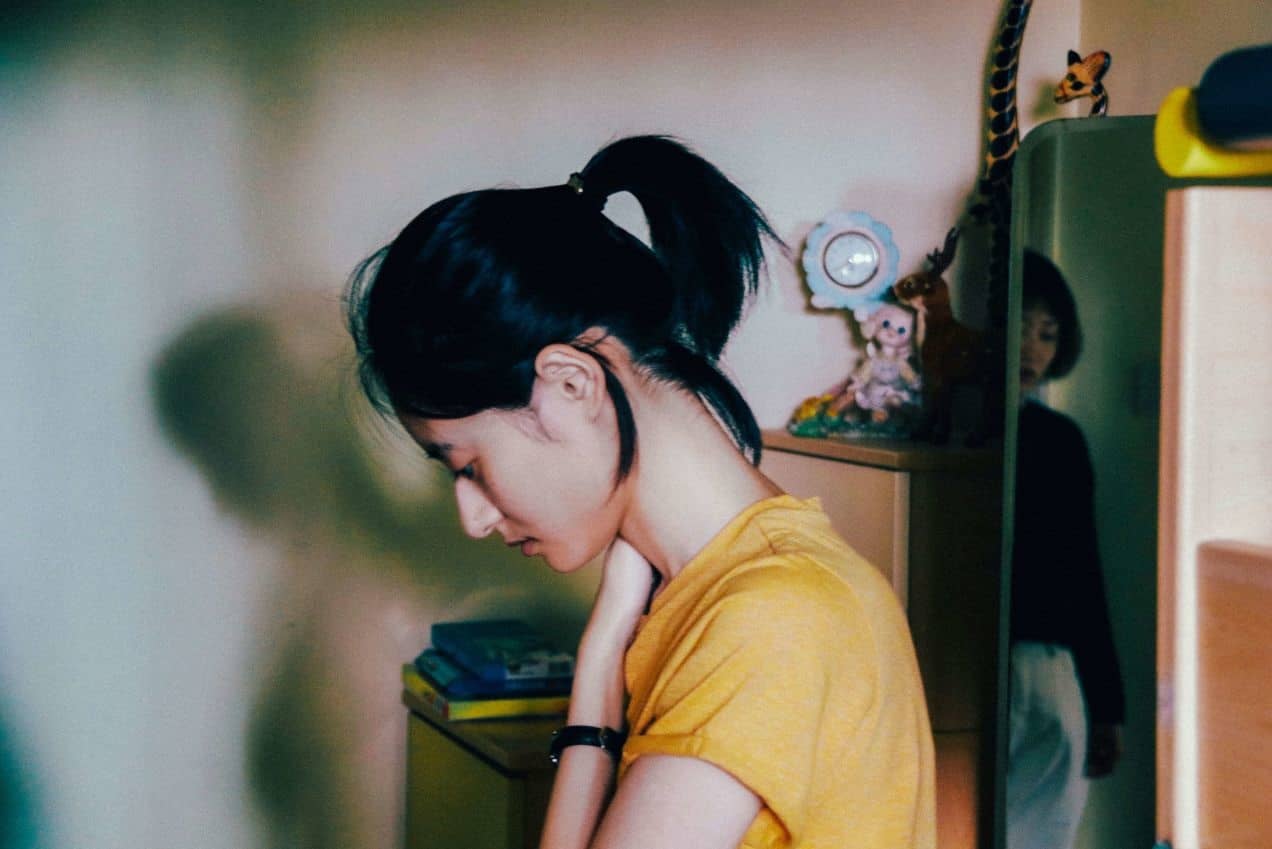“The perpetually winding, emotionally erotic turmoil in youth's meddling heart… Kiritani Tooru has been haunted by strange dreams. Are they real or fake, dream or reality? Or perhaps they're simply memories of the past? Cults, exotic foods, riding late on the train past the edge of the world……. High school life obliterated in a mysterious, deadly game.” (Glacier Bay Books)
Buy This Title Through Glacier Bay Books Site
Or Read Digitally Through Azuki
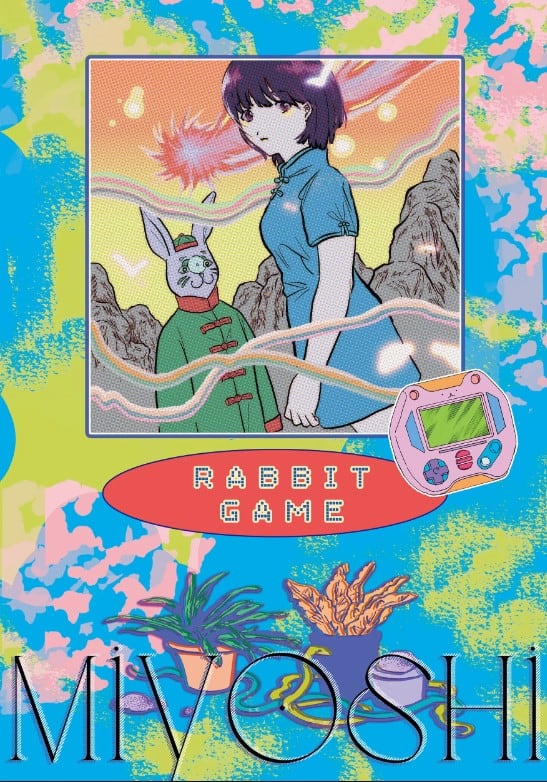
A surreal trip through adolescent romance, Miyoshi's “The Rabbit Game” profoundly impacts within its brief 80-page existence. Notably, the experimental approach narratively and visually, hovering between reality and fantasy, still captures the complexities of youth despite its abstract approach.
Transgressing other worlds and facing the threat of getting lost forever mimics dark, fantastical elements of classic children's story-telling as opposed to a fear-inducing metaphysical nightmare. Miyoshi taps into this precarious space of storytelling by staying grounded in the simple act of teenage crushes, further capturing that dark adolescent aesthetic from the bygone era when children's media was more comfortable challenging youth with abstract and frightening concepts.
Follow us on Twitter by clicking on the image below
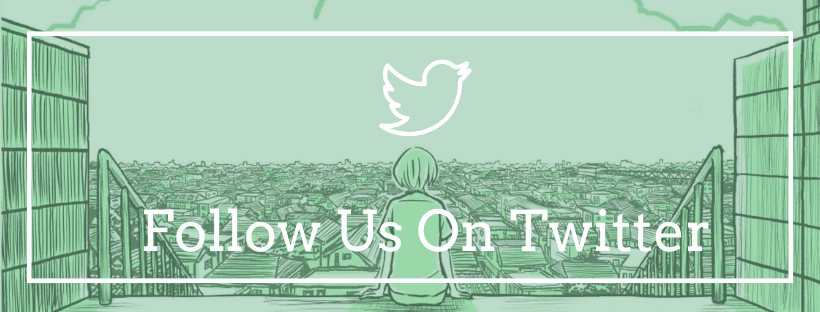
This makes “Rabbit Game” the perfect amalgamation of real-life and fictional nostalgia, tapping into the ‘coming-of-age romances' in all its confusion while homaging darker media of past eras. Consequently, the book will appeal more significantly to those who grew up in the '90s (insert meme here about how only '90s kids remember), as the tone and aesthetics, even down to the titular handheld console “Rabbit Game,” feel heavily inspired by the era. Still, the appeal of the project will not be limited to this generation; rather it exists as a fascinating example of modern media that captures a specific time and aesthetic in a clever manner that does not just berate the reader with nostalgia bait.
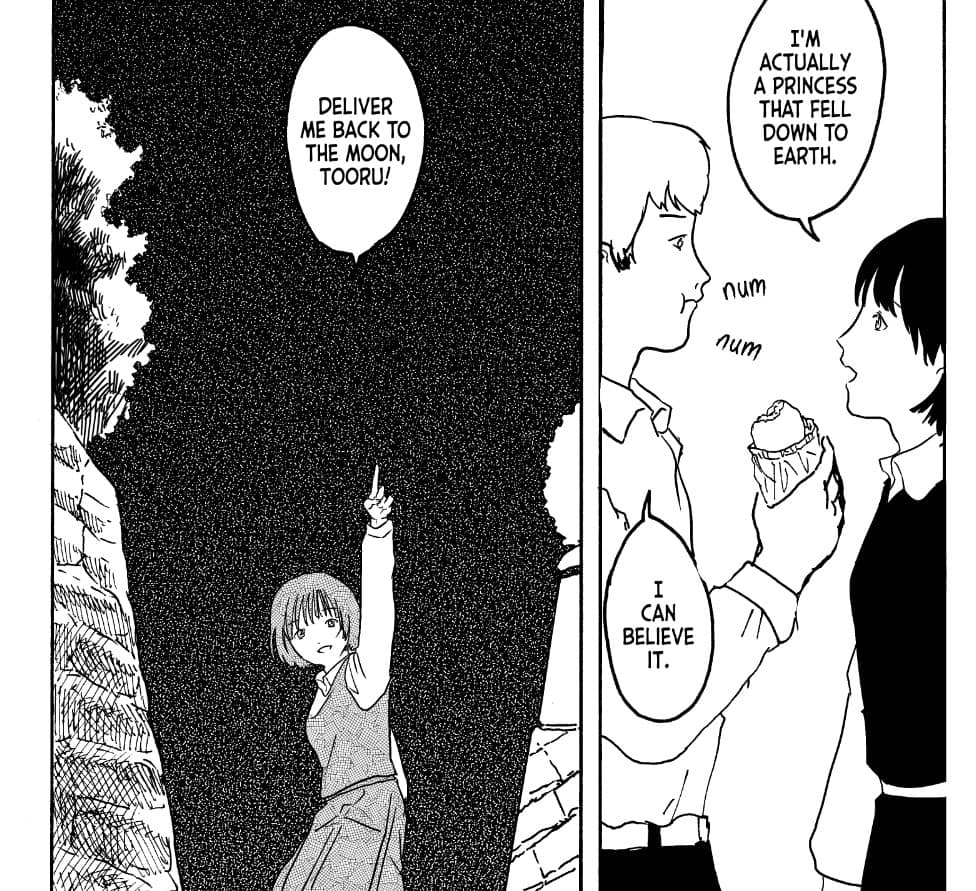
Visually, “The Rabbit Game” impresses with its ability to transition from daily life into the fantastical. The students' day-to-day interactions lack the polish one would want from a coming-of-age manga. However, shifts in reality, whether subtle or overtly surreal, give the book an indie charm that solidifies Miyoshi as a unique visual storyteller. There are panels within that are utterly gorgeous, even when containing indistinguishable forms framed by otherworldly backdrops. Consequently, the experience of “Rabbit Game” is as heavily tied to its visual experimentation as it is to its narrative strength. Readers must vibe with both to immerse themselves in Miyoshi's work entirely.
Those who appreciate manga by indie creators that challenges the traditional forms of storytelling will fall for the charms of the “Rabbit Game,” especially if they are one whose nostalgia for past generations is tied to emotions and memories over material items. It won't be for everyone, but the accessibility of this title through the Azuki App makes it ideal for heading down the rabbit hole for oneself.


